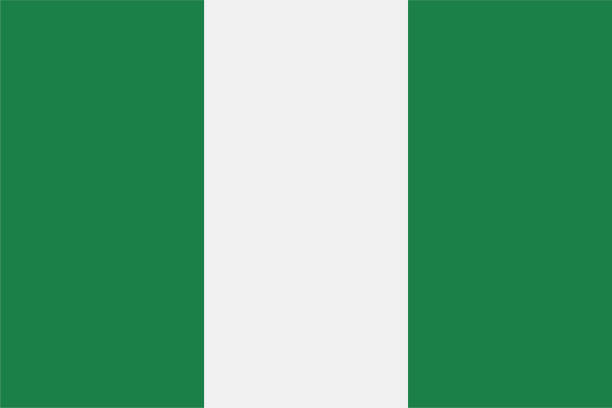With an estimated total GDP of around $445 billion for the year 2022, Nigeria has become the biggest economy on the African continent in the past 30 years. Nigeria is ranked as the 27th-largest economy in terms of nominal GDP, and the 24th-largest in terms of purchasing power parity in the world. The country’s re-emergent manufacturing sector became the largest on the continent in 2013, it also produces a large proportion of goods and services for the region of West Africa.
Agriculture is the backbone of Nigeria’s economy, contributing almost 25.8% of its 173 billion dollars gross domestic product in 2021. However, farmers are sometimes constrained due to limited supplies such as fertiliser and improved seedlings. Though Nigeria is no longer a major exporter, due to the local consumer upsurge, it is still a major producer of many agricultural products, including cocoa, groundnuts (peanuts), rubber, and palm oil. Thus, Nigeria is planning to become a net exporter of fertilisers after it commissioned the world’s second-largest urea plant.
To achieve this, Nigerian President Muhammadu Buhari inaugurated a $2.5 billion fertiliser plant with which Nigeria hopes to contribute to the global agricultural supply.
The Nigerian leader said that the nation “stands to gain extensively” from production at the plant, during the inauguration of the plant at Lagos, on Tuesday. Nigeria Central Bank Governor Godwin Emefiele also said that the inauguration of the plant came at a perfect time as it has “helped Nigeria to solve a perennial fertiliser problem.”
With the inauguration of the new fertiliser plant which has a capacity of 3 million metric tons annually, in addition to other agricultural initiatives including incentives to farmers, Nigeria is expecting “a boom as fertiliser is now readily available in greater quantities and better quality,” said President Buhari and also that, “Nigeria’s dependence on imported products in the agriculture sector will soon be a thing of the past.”
The Nigerian President is hopeful about the rise of new “agropreneurs” who will add worth to farming and contribute towards making Nigeria self-sufficient in food production.
The fertiliser plant is owned by Dangote, Africa’s richest person, who is investing $19 billion in projects on the African continent including the fertiliser plant and a 650,000 barrel-per-day oil refinery outside Lagos.









